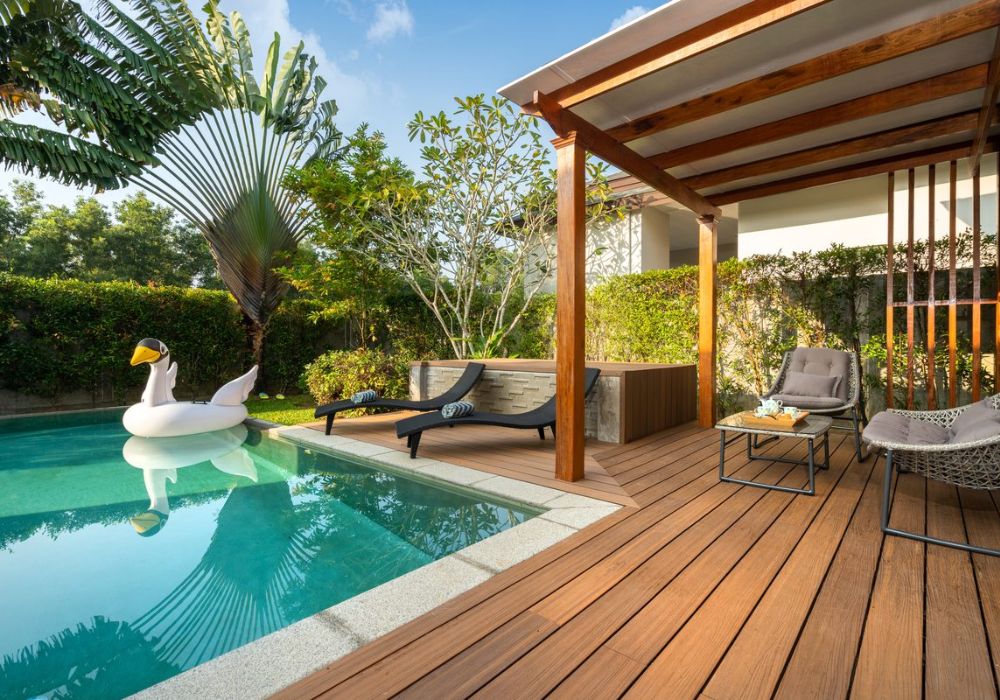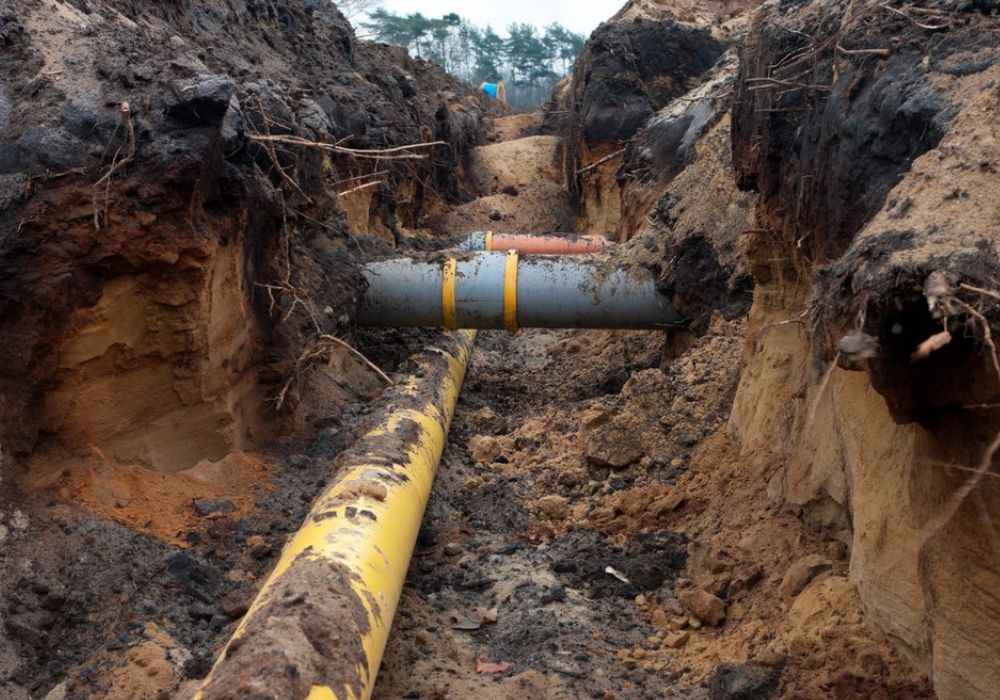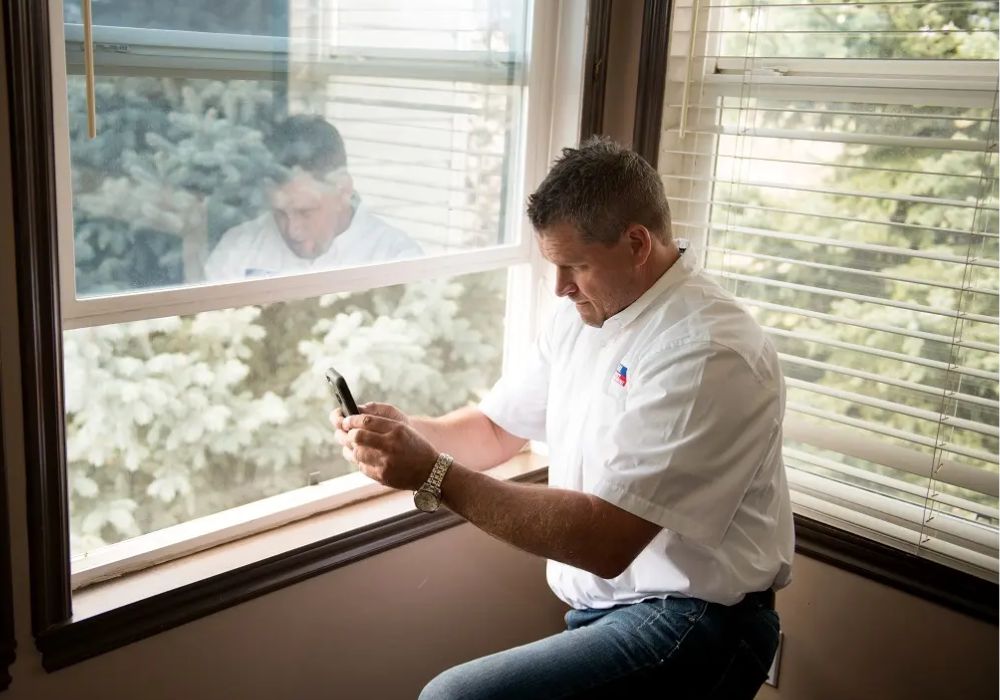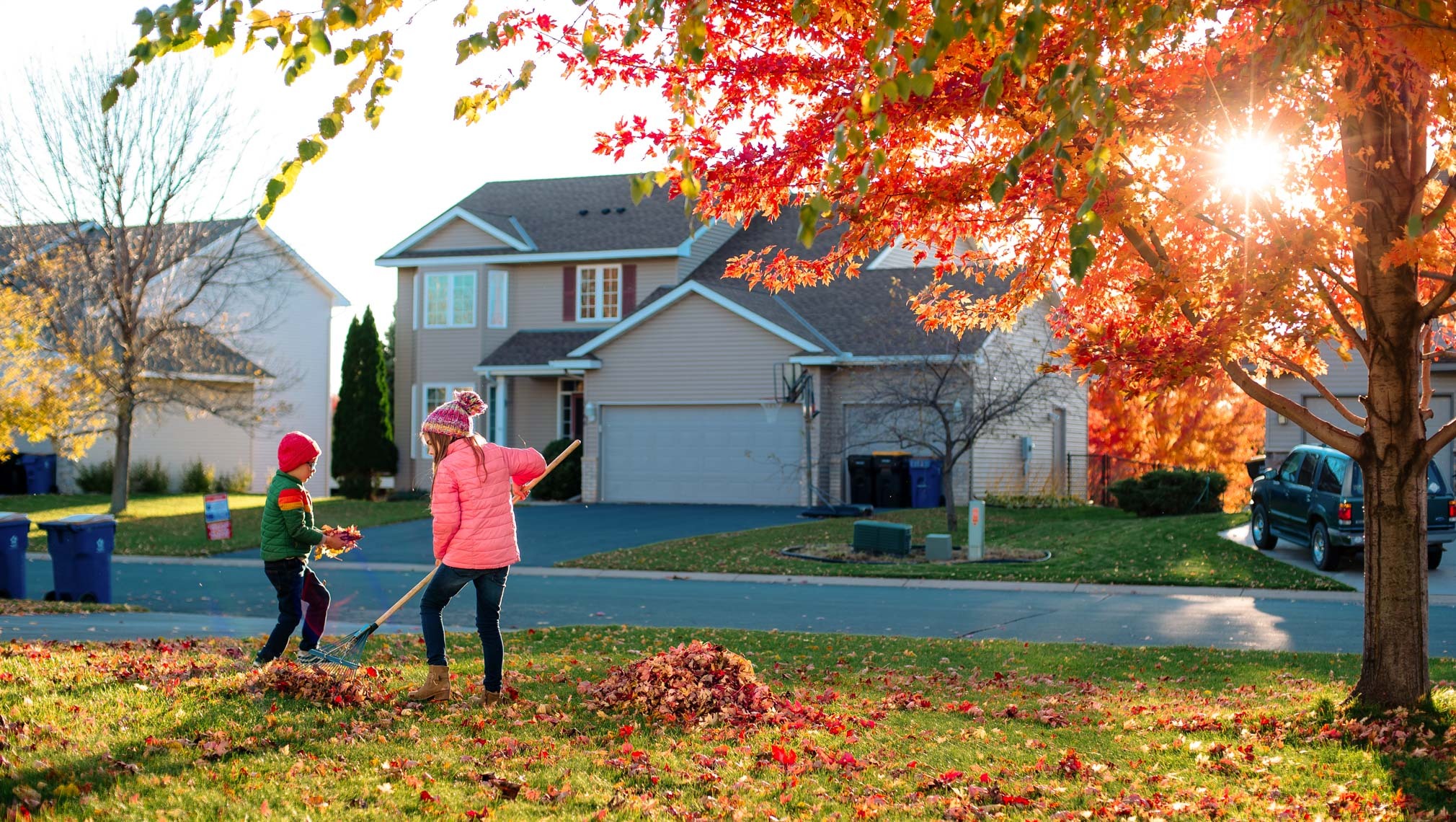As a tenant, it is important to understand your rights regarding window accessibility in rented properties. While fresh air circulation and emergency exits are crucial, safety and structural limitations must also be considered. In this article, we will explores a tenant's right to open windows and a landlord's responsibilities in maintaining safe, habitable living spaces.
Do Windows Have to Open in Rented Property?
Yes, windows in rented properties must generally be able to open. According to housing laws, landlords are required to provide tenants with functional windows that allow ventilation, natural light, and potential fire exits. Fresh air circulation is important for occupants' health, and opening windows provides a means of air exchange and ventilation. In an emergency, windows also serve as escape routes.
Therefore, denying window functionality could jeopardize tenants' well-being and safety.
Related: If A Tenant Breaks A Window, Who Pays?
Are landlords required to replace windows?

Landlord responsibility for window replacement depends on various factors. If existing windows are broken, cracked, or permanently sealed shut, landlords may be obligated to fix or replace them to maintain habitable living conditions. However, replacing purely drafty or energy-inefficient windows is usually not legally required unless specified in the lease.
State and local housing laws also influence window replacement requirements. In many areas, maintaining essential features like windows falls under landlords' duty to provide safe, livable housing.
Is it legal for a landlord not to allow a tenant to open windows?
While tenants generally have the right to open windows for ventilation and light, landlords can restrict this access under certain circumstances. Absolute bans without cause are typically not permitted. Reasonable restrictions for safety, likewindow locks or limits near high-traffic areas, aim to protect tenants and property.
However, landlords cannot arbitrarily prohibit standard window usage within units. Doing so could violate implied warranty of habitability and constitute unreasonable denial of fresh air access.
Is a landlord responsible for fixing drafty windows?
Often, landlords must repair issues affecting liveability, like drafty windows. Habitability standards require essential functions like adequate weather protection. Extreme drafts leading to high utility bills or degradation of the unit compel repairs in many jurisdictions upholding warranty of habitability. Minor drafts alone may not obligate action.
Tenants should inform landlords in writing to request resolution, and local housing codes could influence responsibility. When drafty conditions imperil safe, comfortable residence, landlords are usually accountable.
Can you depreciate new windows on a rental property?
Yes, property owners generally can deduct the cost of new windows installed on a rental property through depreciation. As durable building components, replacement windows constitute tangible assets subject to tax depreciation. By claiming the expense over a set recovery period using straight-line depreciation, owners recoup costs in annual amounts on tax returns.
However, tax rules differ depending on location, so consulting tax professionals ensures properly handling window upgrade deductions.
Is there recourse if a landlord denies window access or repairs?
Tenants facing unreasonable denial of rights have options. First involves notifying landlords in writing to request resolution, citing applicable laws. If unsatisfied, filing complaints with local housing code enforcement or tenant advocacy organizations allows for investigation and potential enforcement of regulations.
In extreme situations, tenants can break leases without penalty or pursue legal action, though consulting attorneys ensures understanding all implications. Escalating appropriately helps uphold tenants' window-related rights.
Conclusion
Ventilation, light, and emergency exit access establish windows as an integral feature tenants rightfully expect functionality from. While landlords can reasonably restrict usage in special cases, denying fresh air circulation altogether contravenes housing standards.





